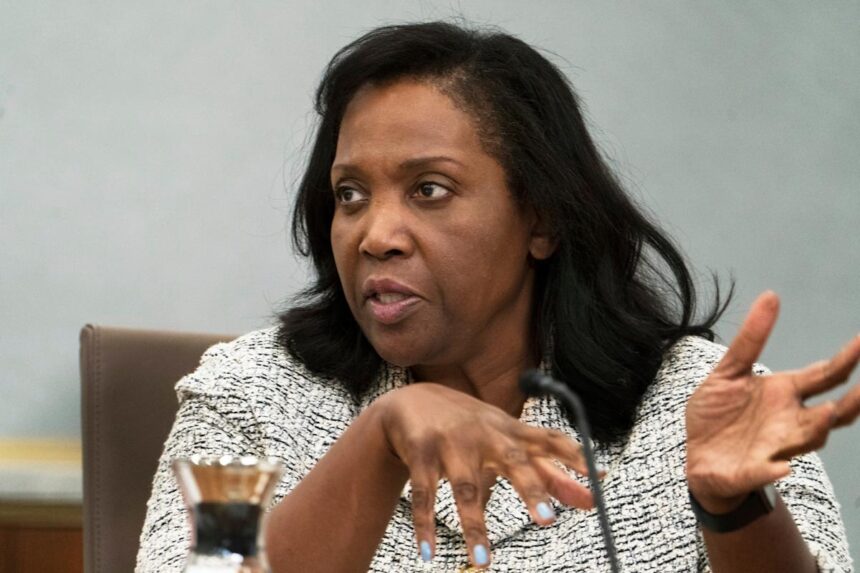In a significant development for U.S. monetary policy, the Federal Reserve commenced a pivotal meeting on interest rates amid a backdrop of political maneuvering. This meeting saw the swearing-in of Stephen Miran, a newly confirmed member of the Fed’s board of governors, who was appointed by the Trump administration in an expedited process. Miran is expected to play a crucial role in the upcoming decision on interest rates, which analysts predict will likely involve a quarter-point reduction. Notably, there are indications that he may advocate for a more substantial cut.
At the same time, tension surrounds another board member, Lisa Cook, who is facing an unprecedented attempt by the Trump administration to remove her from her position. This controversial effort was met with a legal setback when an appeals court upheld a previous ruling that deemed her potential dismissal a violation of due process. The courts determined that President Trump had failed to demonstrate sufficient cause for her removal, complicating the administration’s strategy to reshape the Fed’s leadership.
The presence of both Miran and Cook at this meeting has set the stage for a potentially contentious atmosphere. Historically, the Federal Reserve operates through a consensus model; however, with the current political climate and differing viewpoints among governors, there is a possibility that dissent could emerge. Analysts suggest that there may be as many as three governors who could oppose a modest quarter-point rate reduction, advocating instead for a more aggressive half-point cut. This scenario could mark the first occurrence of three dissenting votes since 1988.
Additionally, there is speculation that one of the five regional Fed bank presidents, who play a role in the voting process, might oppose any rate change altogether, calling for rates to remain steady.
Amid these developments, the White House has announced intentions to appeal the court’s decision regarding Cook to the Supreme Court, although specifics about the timing of this appeal remain unclear. A White House spokesman emphasized that the administration believes Cook was lawfully removed, expressing confidence in their position as they prepare for a legal battle.
As the two-day meeting unfolds, all eyes will be on the Federal Reserve as it navigates these complex dynamics, with implications that extend beyond the immediate interest rate decision to the broader independence and governance of the institution.







